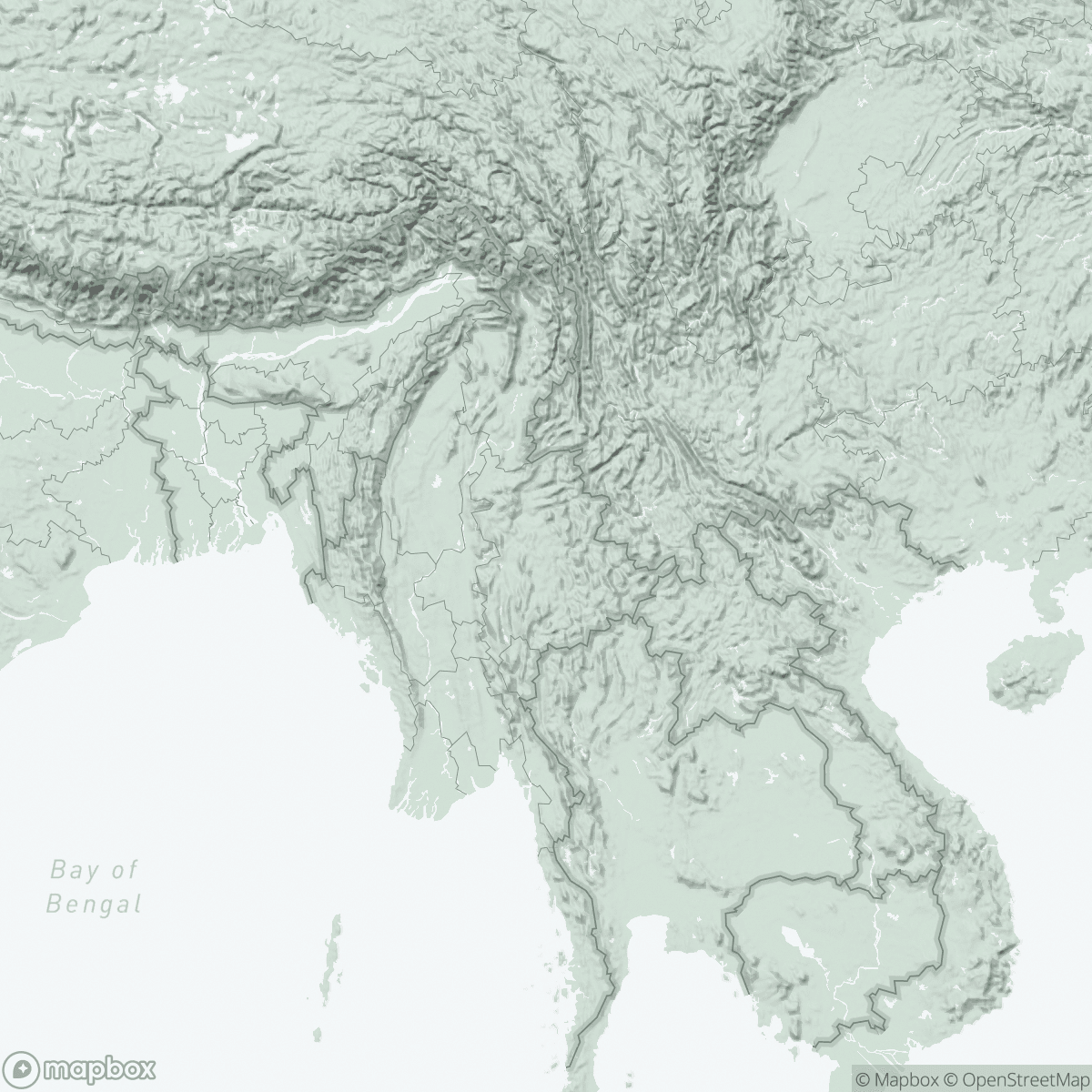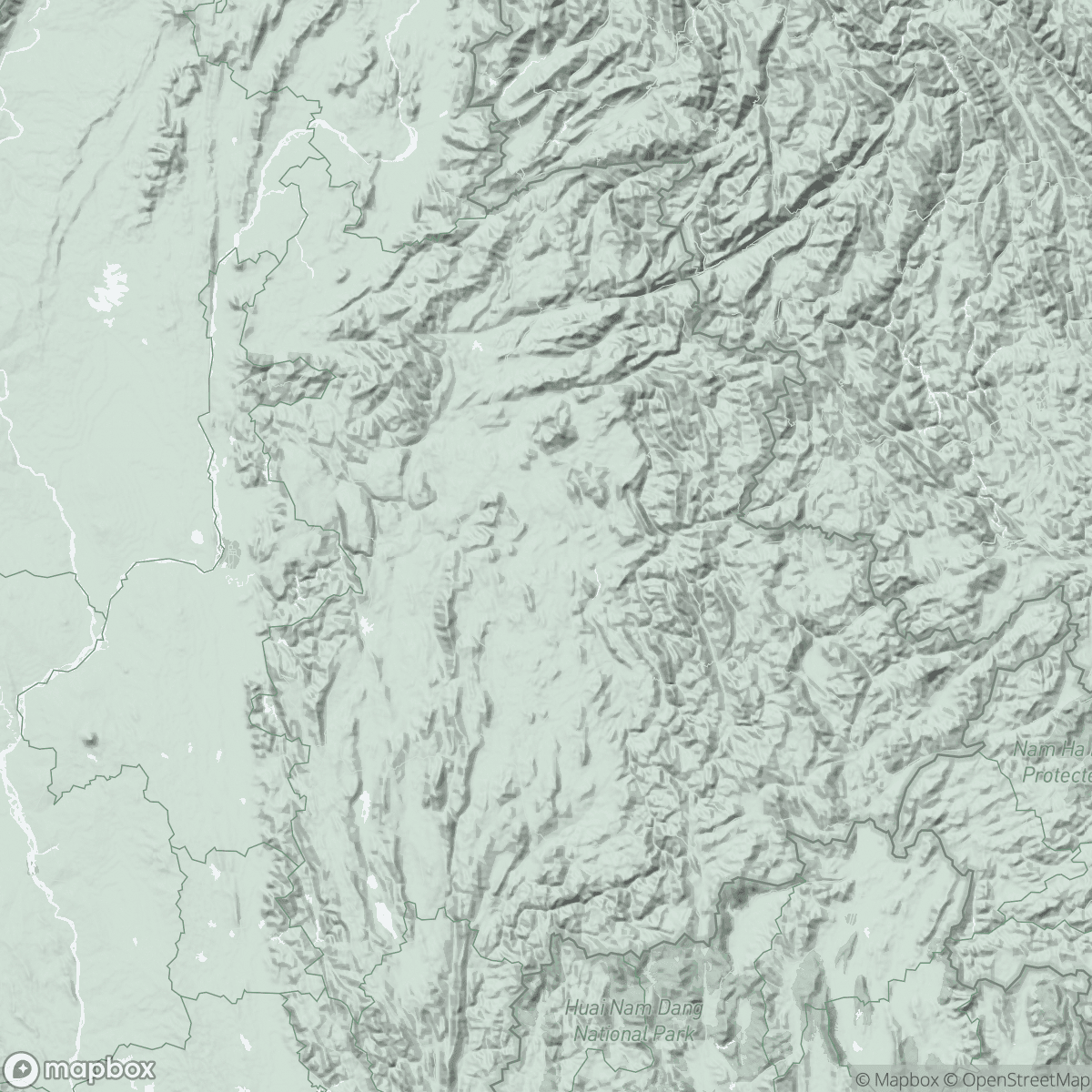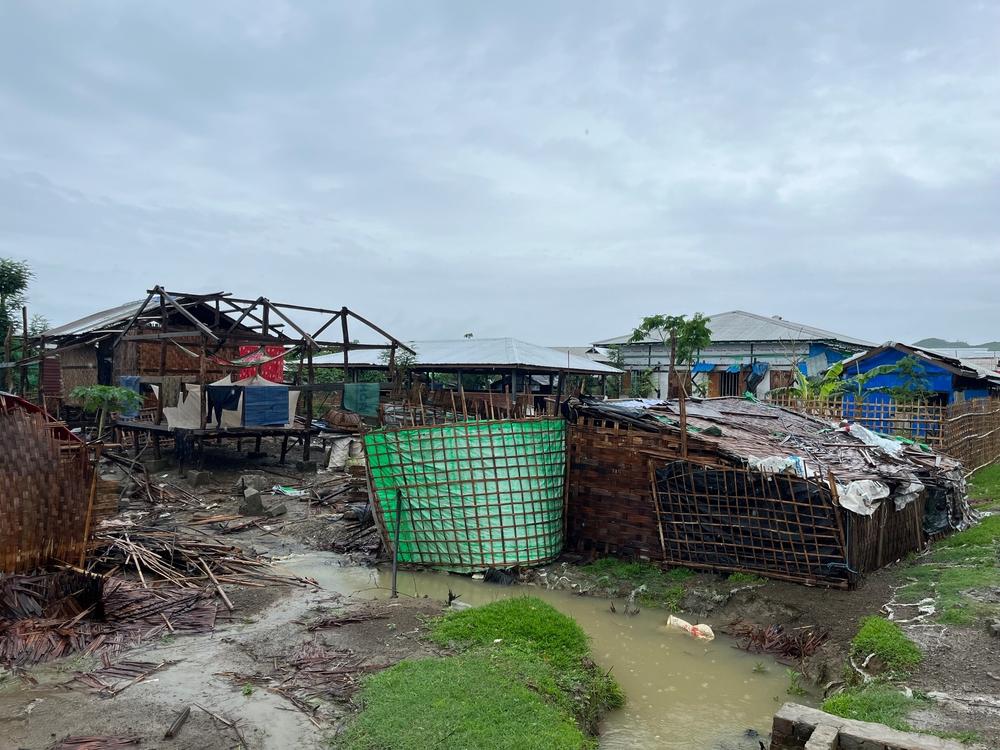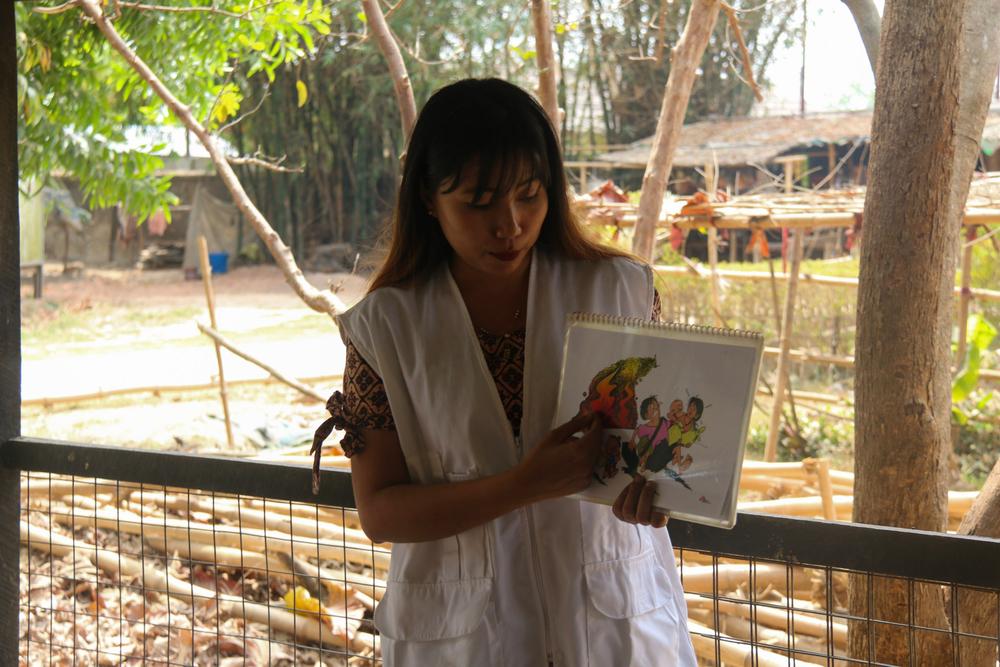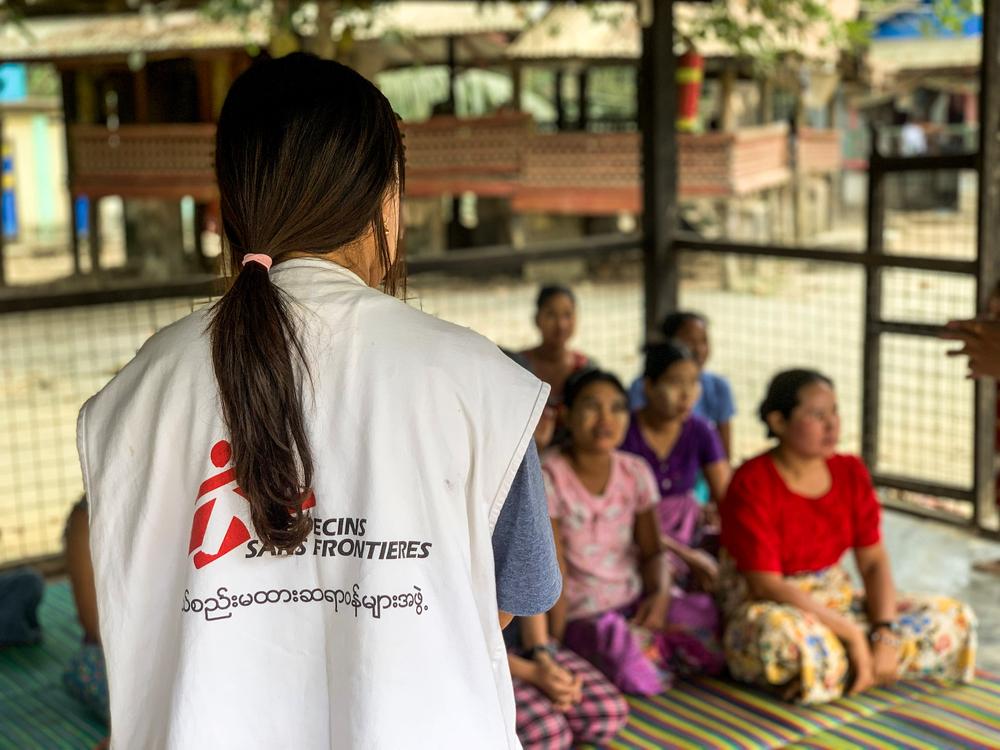
A glimmer of hope amid the rubble in Myanmar
In 1 click, help us spread this information :
It was Sunday, May 14 2023. The howl of the wind was terrifying, it sounded like a scream. The heavy rain joined the wind around 12 pm. Amid the foggy weather, I saw the trees desperately swaying to maintain their footing in the wind. Informed by our office about the approaching cyclone, my colleagues and I evacuated to Kyauktaw, outside of Sittwe. While I was safe at that moment, my concern for my family in Sin Tat Maw village, Pauk Taw Township, where the storm was expected to hit the hardest, increased. I hoped it would end as soon as possible.
Cyclone Mocha developed from the night of May 13th and struck the northern part of Sittwe Township on May 14th afternoon, boasting winds reaching up to 175 mph.
After the storm, I could not contact anyone as both power and reception stopped working. Two days after the cyclone, I tried to go back to Sin Tat Maw, where my family was, fearing the worst.
Roofless houses, uprooted trees, destroyed brick walls and electric poles snapped into pieces were the only things we could see on my journey home. The destruction escalated as we neared Sittwe itself. The twisted fallen mobile tower greeted us once we set foot in the city. The whole city was filled with leaves and broken branches like it had been abandoned for many years. My anxiety for my family reached its peak as I saw this debris, knowing it might be even worse in my village.
Upon arriving in Sin Tat Maw, I was heartbroken to see my house split in two. I did not know how to comfort my family. It rained a bit after the cyclone and the water leaked. There was nowhere to take shelter. I tried to hide my sadness from my family.
We decided to start rebuilding immediately and set about purchasing zinc sheets, hiring laborers, and reconstructing our shelter within four or five days, which was really challenging.
After the storm, my village struggled to get clean drinking water as the sources had become contaminated and many villagers lost their livelihoods because of the destruction of trees and crops. People were really struggling.
In Sin Tat Maw, we had mental health patients receiving treatment and counseling from MSF. The community health workers could not contact Sittwe, and the clinic had not reopened yet, so patients came to me as the only available counselor at that moment. I decided to offer my help.
Most patients from both camp and village were the ones who lost their houses. I listened to many stories about destroyed and roofless homes. They said they could not afford to repair them yet and water was leaking through the roof even though they tried to cover it with tarpaulin.
I knew from experience; living under such conditions was extremely challenging.
The patients from the camp told me that they were struggling, having experienced past conflicts and now facing annual natural disasters. I provided PFA to the patients that were facing economic challenges after losing everything along with the patients who were taking psychosis medication and had been gradually improving until they became triggered by the trauma of the cyclone.
While providing counseling, I found I began to be healed by my own words. Encouraging patients not to feel depressed helped to improve my own outlook on the situation.
When I got back to Sittwe, MSF provided various forms of support to the staff affected by the cyclone, including opening the office and houses for showers and shelter, charging electronic devices, distributing rechargeable lamps, and offering clothing. MSF also collaborated with a third-party organization called Metanoia to provide essential mental support and counseling for the staff.
My fellow counselors and I shared our hardships and experiences, as we had all faced similar situations. I received support from everyone.
En prodiguant des conseils, j'ai constaté que je commençais à être guérie par mes propres paroles. Encourager les patients à ne pas se sentir déprimés m'a aidé à améliorer ma propre vision de la situation.
Following the cyclone, we organized group-counseling sessions in the community and let them share their difficulties and experiences with each other to improve the mental health of the people. We also listened to them when they came to the clinic. These sessions provide many benefits to patients, letting them learn self-care techniques and to realize they were not alone in this situation.
We have seen many patients feeling better, and their conditions improve after participating in these sessions. These activities are crucial, and we hope to see more awareness sessions for the community in the future.
